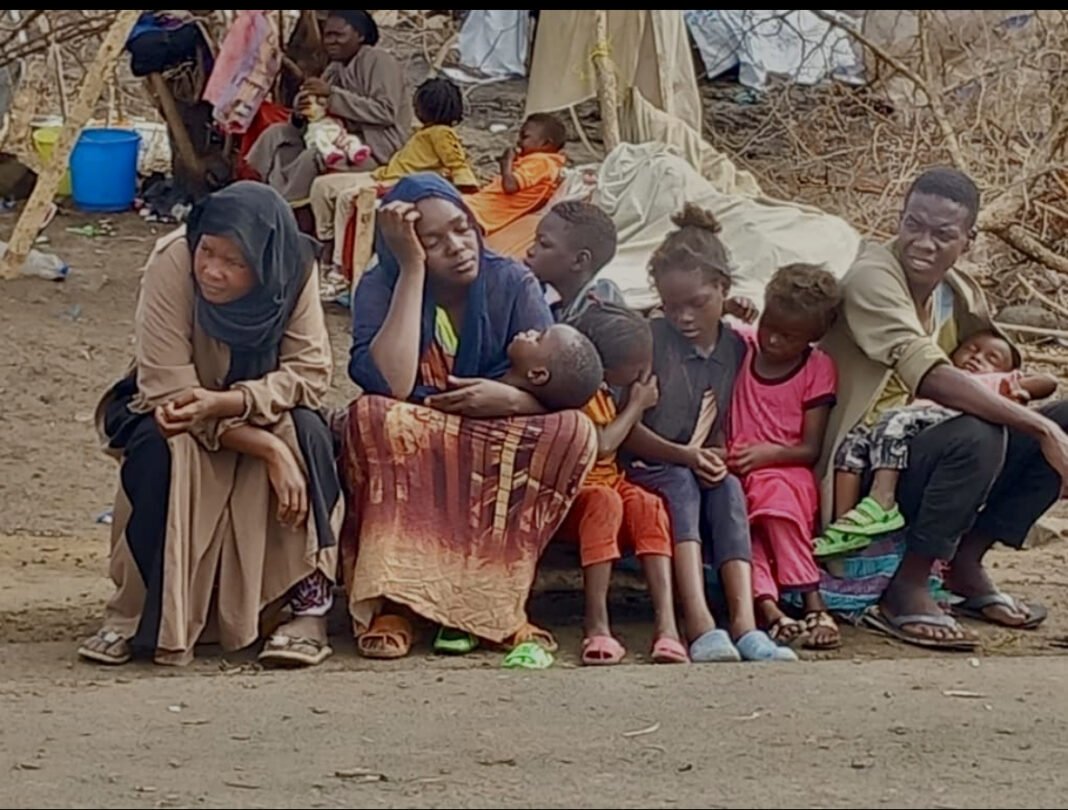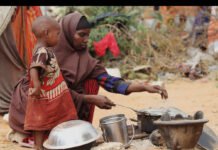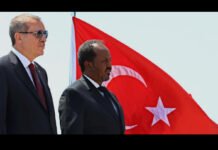By HAN News Desk
ADDIS ABABA — Sudanese refugees living in Ethiopia have voiced growing concern after reports emerged that they are being required to pay $100 per month to remain in the country, a demand that many say is beyond their means. Refugees told The Tribune that those who fail to pay within one month face an additional $300 fine when attempting to renew residence permits or other essential documents, a situation that has fueled fear and uncertainty among already vulnerable communities.
Most of the affected refugees arrived in Ethiopia in 2023, fleeing intense fighting between rival military factions in Sudan that forced hundreds of thousands to abandon their homes. Many fled with little more than the clothes on their backs and have since struggled to find employment or access sufficient humanitarian assistance. Several refugees told reporters that they cannot afford the new fees and fear that failure to pay could leave them at risk of legal complications or even deportation.
Some refugees also criticized the Sudanese Embassy in Addis Ababa, claiming that officials were unaware of, or unwilling to intervene in, their worsening situation. One refugee said, “We came here to escape war and find safety, but now we face demands we cannot meet. When we sought help from our embassy, they told us they knew nothing.” Ethiopian authorities have not yet issued a formal statement explaining whether the charges are part of a nationwide government policy or a directive issued by local administrations.
Human rights organizations and United Nations agencies, including the UN Refugee Agency (UNHCR), have expressed concern that imposing such financial burdens on refugees could exacerbate an already fragile humanitarian situation, particularly for families with limited resources. Ethiopia is home to over 900,000 refugees, primarily from South Sudan, Somalia, Eritrea, and Sudan, making it one of the largest refugee-hosting countries in Africa.
The situation underscores the broader challenges facing the Horn of Africa, where political instability, armed conflict, and large-scale displacement intersect. In Somalia, insecurity, political transitions, and the ongoing need for regional reconciliation continue to test the resilience of government institutions and local communities. Meanwhile, Ethiopia faces mounting economic pressures compounded by refugee inflows, creating additional strains on public services and humanitarian resources. Analysts warn that the coming months will be critical for regional stability, as both nations grapple with complex governance, security, and humanitarian issues that have implications for millions of displaced people.




